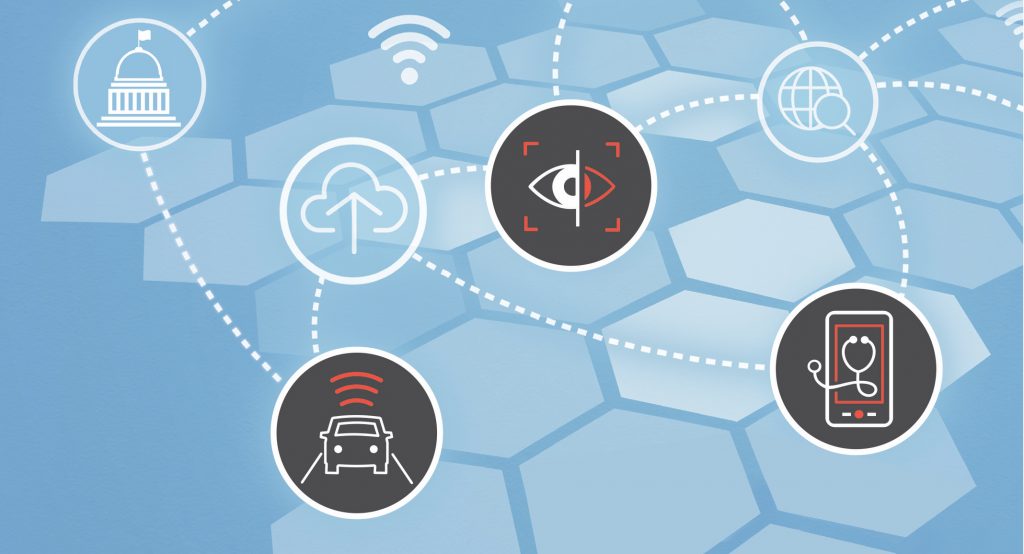Ensuring the safety, resiliency, and reliability of autonomous systems from home security systems and health monitoring devices to first-responder robots and self-driving cars—is critical to their ability to enhance our lives.
To address these issues, Johns Hopkins is launching the Institute for Assured Autonomy, a national center of excellence focused on inspiring and advancing multidisciplinary research and development related to the complex technological challenges and societal concerns associated with the rapidly approaching autonomous future.
Co-led by the Whiting School of Engineering and the Johns Hopkins University Applied Physics Laboratory, the IAA will span all Johns Hopkins divisions and include partners from government, industry, and peer institutions, with a primary focus on the areas of transportation, public safety and emergency response, and health systems.
“The area of assured autonomy is a major strength and a priority for the Whiting School and for APL,” says Ed Schlesinger, WSE’s Benjamin T. Rome Dean. “The IAA provides us with opportunities to combine our expertise to solve problems of global importance, while also making an impact on policy.”
“APL is pleased to be partnered with the Whiting School in co-leading this critical initiative,” says APL Director Ralph Semmel. “Autonomous systems hold incredible promise, and assuring their behavior is essential to realizing their full potential.”
